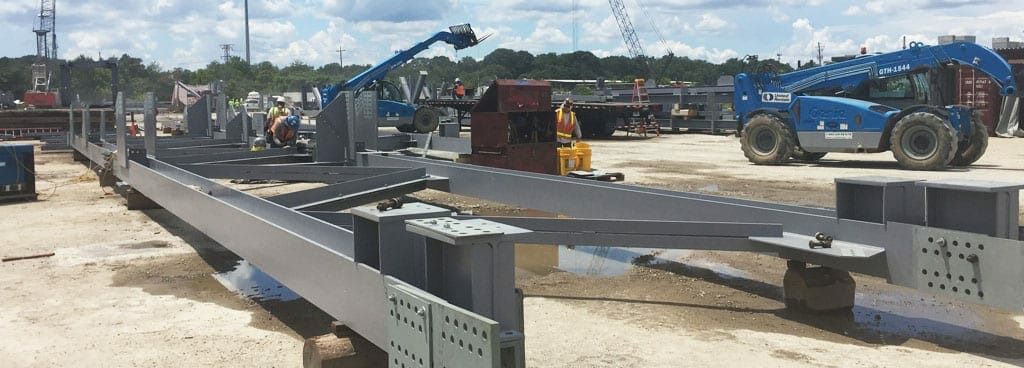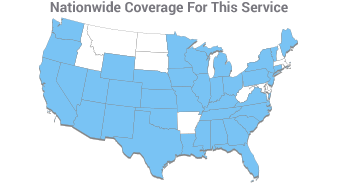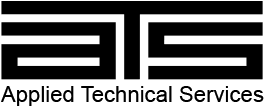- Home
- Services/IndustriesServicesindustries
- About Us
- LocationsStatesAccordion ContentAccordion ContentAccordion ContentAccordion Content
- Job Openings
- Quick Links
- ATS Family

While Applied Technical Services’ mechanical testing division is known to produce clear and accurate reporting within quick turnaround windows in the lab, some client matters can only be addressed onsite. To ensure that we can answer all of our clients’ mechanical testing needs, our technicians can perform field testing services at job sites as necessary.
ATS' Mechanical Field Testing Capabilities
Our on-site capabilities include Pressure Testing, Helium Leak Testing, Load Testing, Anchor Pull Testing, Hardness Testing, Metallography and Certified Weld Inspections.
ATS has the capabilities to perform Pressure Testing in the field ranging from vacuum to 40,000 psig. With these capabilities, we are able to perform Hydrostatic Burst and Proof Testing on various items such as Hydraulic Systems or Headers. ATS also has the capabilities to perform helium mass spectrometer leak detection (HMSLD) testing in the field.
ATS also performs Load Testing in the field; some of our capabilities include dead weight testing, floor testing and handrail testing:
- Dead Weight Testing is not limited to, but includes testing items such as overhead cranes and all types of building floors.
- Handrail Testing includes testing stairwell handrails as well as balcony rails for integrity.
Anchor bolts are extensively used on all types of projects from standard buildings to dams and nuclear power plants. ATS has performed numerous Anchor Pulls including balcony railing anchor bolts, column anchors in large buildings and embedded rebars.
Hardness Testing can be used in the field to verify heat treat condition of the component, and also evaluate the effectiveness of post weld heat treatments. Conversion to an approximate tensile strength also allows the customer to nondestructively and cost effectively determine the strength of their material.
Metallography
ATS can perform Metallographic Analysis in the field, allowing the customer to nondestructively analyze the microstructure of their material and/or determine its grain size.
ATS has the capability of visually inspecting welds in the field to determine conformance to specifications. Our Certified Weld Inspectors (C.W.I.’s) have inspected welds on a variety of structures and components ranging from cell phone towers to valve bodies. The most common inspections are performed in accordance with the Structural Steel Welding Code, AWS D1.1

Request Form
"*" indicates required fields
Special Testing
- Hydrostatic Leak Testing
- Hydrostatic Pressure Testing
- Hydrostatic Testing
- Hydro Testing
- Leak Testing
- Load Testing
- Package Burst Testing
- Pipeline Hydro Testing
- Pipeline Hydrostatic Testing
- Pressure Cyclic Testing
- Pressure Decay Leak Testing
- Pressure Fatigue Resistance Test
- Pressure Fatigue Testing
- Pressure Leak Testing
